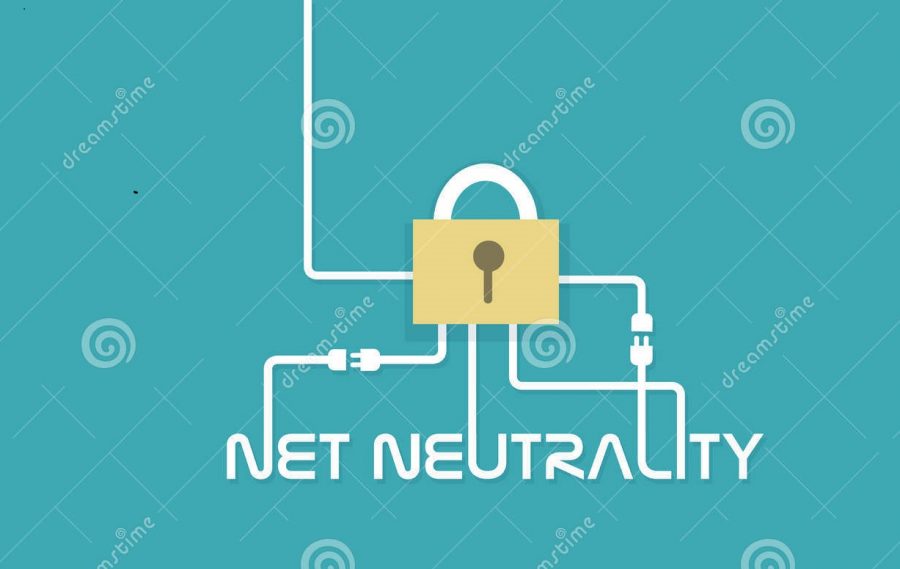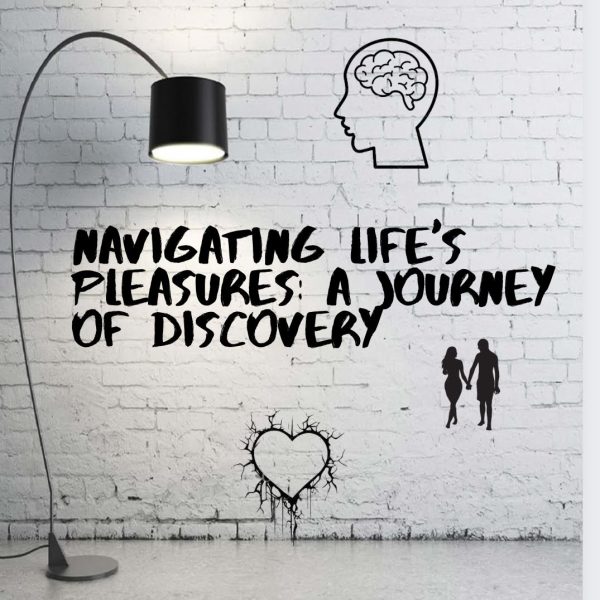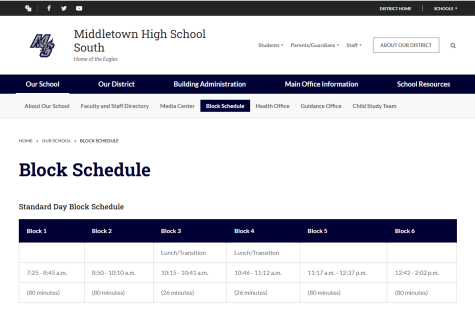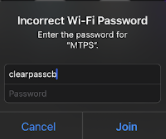Why net neutrality is more important than ever
Congress votes on your access to the internet this week
December 12, 2017
Today we live in a country where paying for an internet or data bill means you can visit whatever website you want. Whatsapp, Snapchat, Netflix, Spotify, and Gmail are all freely available to anybody on the internet. But what if that wasn’t the case? What if you couldn’t just use whatever apps or sites you want? The Federal Communications Commission (FCC) isn’t protecting this right, and they’re putting it to a final Congressional vote on Thursday, December 14th to overwrite the rules passed in 2015 to protect the web from so-called “fast lanes.”
Net neutrality, in layman’s terms, is a state in which access to the internet means you get an equal amount of access to every website on it. Your internet service provider, or ISP, can’t slow down your access to any websites, and it can’t lock you out of them either. In the early days of home internet, it wasn’t even a concern since ISPs never considered slowing access. However, in the mid 2000s, they decided to start separating internet access into “fast” and “slow” lanes. The fast lanes were used for almost everything, but sites including illegal downloads and malware were restricted to the slow lanes. It all seemed fair until 2015, when it was found that Comcast, in an effort to promote their own services, slowed access to one of their largest competitors, Netflix. The Obama administration classified the internet under Title II, making it so service providers can’t throttle speeds, restrict access to any specific website, or prioritize traffic based on payment. Now, the FCC has set a vote to take place on December 14th to reclassify the internet under Title I, lifting the regulations set into effect in 2015.
Current FCC chairman Ajit Pai, who studied law and got his J.D. from the University of Chicago Law School in 1997, was appointed by President Donald Trump this January, and has been very quick to push against the net neutrality regulations, ones that were put into effect less than three years ago. However, this wouldn’t come as a surprise to anybody who knows Pai’s history. His political career began when he worked for the Department of Justice’s Antitrust Division in 1998, working with ISPs on requests on decreased regulation and proposals for mergers. Shortly after this, Pai spent two years as Associate General Counsel at Verizon, immediately switching from deciding on regulations for ISPs to running a high position in one himself. Next, he bounced around multiple government positions until eventually he ended up unanimously voted into the FCC in a Republican position in 2011. Pai consistently was in fairly high government positions in which he managed regulations. Both times he moved to private organizations, he did so right after working to loosen regulations for the companies he worked in.
Some people seem to have hope that internet service providers aren’t just corporations only interested in their own profit, but the evidence is hard to ignore. In places without neutrality regulations, some ways to access the internet are cut up into packages. Portuguese service provider MEO sells mobile data in “Smart Net” packages, where you have to pay five euros per month to access different types of websites. Access to messaging, social, video, music, and email apps all require separate data payments, and services like Netflix still have a cost on top of it. Comcast has a page pledging to uphold net neutrality, but they removed a line about paid fast lanes in April, conveniently on the same day Pai announced the current plans to loosen regulations. ISPs have shown a lack of commitment to their promises already, so who is to say they won’t go back on everything the first chance they can?
What does this mean for the student who casually uses the internet? Well, I could see ISPs start throttling speeds on competitors like Netflix once again the moment they have the chance. Changes in payment methods wouldn’t be immediate, but I could easily see these companies doing the same things MEO does. Considering how hard it is to implement new infrastructure for internet competitors, you could be stuck in a plan without your favorite social media platforms or even sites you use for schoolwork. What would happen to new startup sites that could possibly provide better services than the ones available now? Well, if it’s not on the plan, you can’t access it. The landscape of the entire internet would change, and currently large websites and apps will form into massive monopolies. The net as we know it would be vastly different, and not for the better.











